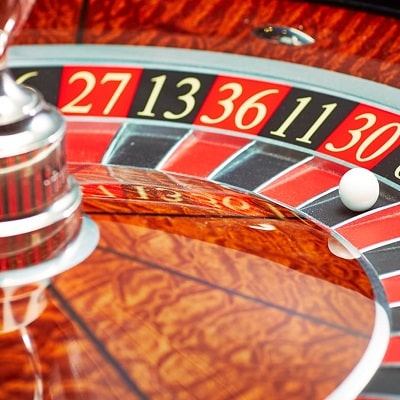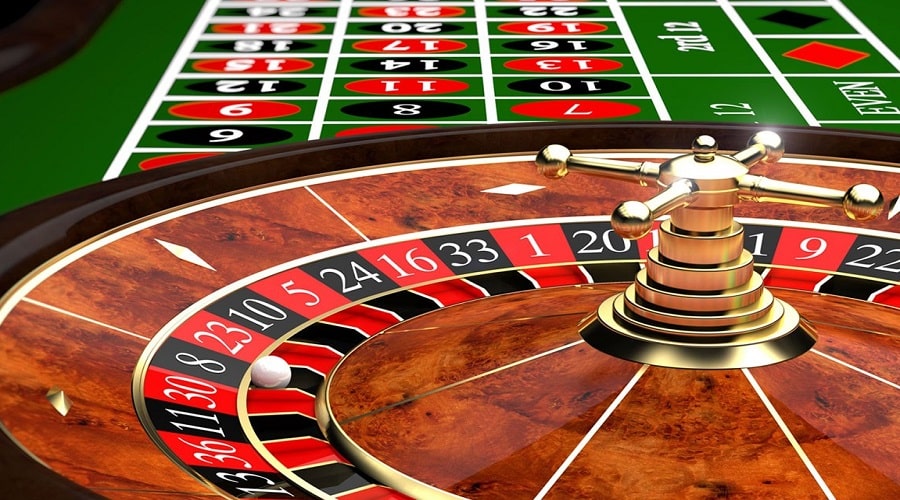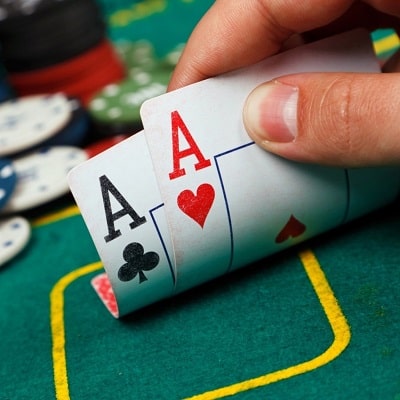Queen of Excitement, Roulette!

The game of roulette has long captivated the imagination of gamblers worldwide. Its rich history, exciting variations, and strategic depth make it a timeless casino classic. In this article, we’ll explore the origins, distribution, and future of this enthralling game.
How did the game of roulette historically appear?
Roulette traces its origins to 17th-century France, where mathematician Blaise Pascal inadvertently created the prototype while trying to invent a perpetual motion machine. The name “roulette” derives from the French word for “little wheel,” which aptly describes the spinning wheel at the heart of the game. Over time, the game evolved, with early versions featuring both a zero and a double zero.
Aroused interest in roulette among players
Roulette’s rise to prominence began in 19th-century Europe, where it became a popular pastime in casinos throughout France and Germany. The game gained further traction when it crossed the Atlantic, taking American casinos by storm. Its simplicity and potential for massive payouts helped to fuel its popularity, leading to its widespread adoption in casinos around the globe.
Varieties of roulette in a casino
There are three primary variations of roulette found in casinos: European, American, and French. European roulette features a single zero, while American roulette includes both a single and double zero, increasing the house edge. French roulette, with its unique betting options and rules like “La Partage” and “En Prison,” offers a lower house edge than its counterparts.

Key rules for playing roulette
Roulette is a game of chance, where players bet on the outcome of a spinning wheel. Bets can be placed on individual numbers, groups of numbers, or colors (red or black). The dealer, or croupier, spins the wheel in one direction and launches a small ball in the opposite direction. When the ball lands in a numbered pocket, all winning bets are paid out according to a predetermined paytable.
Strategies used
Two opposing roulette strategies are the Martingale and the Paroli systems. The Martingale system advocates doubling your bet after each loss, while the Paroli system suggests doubling your bet after each win. Both strategies have their merits and drawbacks, and players often choose based on their risk tolerance and bankroll.
The future of roulette
As technology advances, so does the game of roulette. Classic roulette has evolved into “live roulette,” where players can interact with live dealers through video streams. The next frontier is the integration of virtual reality (VR), promising an immersive and thrilling experience for players. As the game continues to adapt and innovate, roulette’s allure is sure to endure.
In conclusion, the game of roulette has a rich and fascinating history that has helped to shape its current variations and strategies. As technology continues to advance, the future of roulette promises to be as captivating and engaging as its past.



